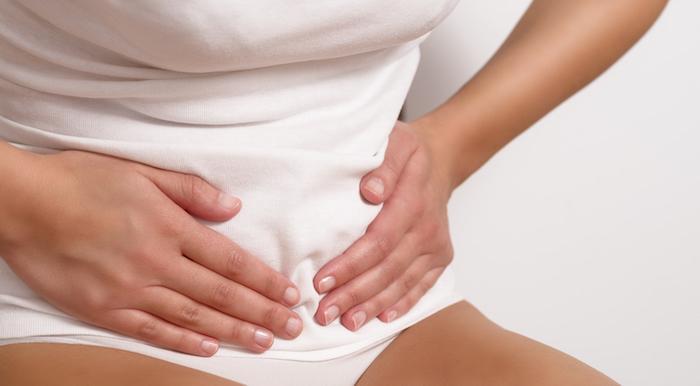
How To Strengthen Veins And Arteries
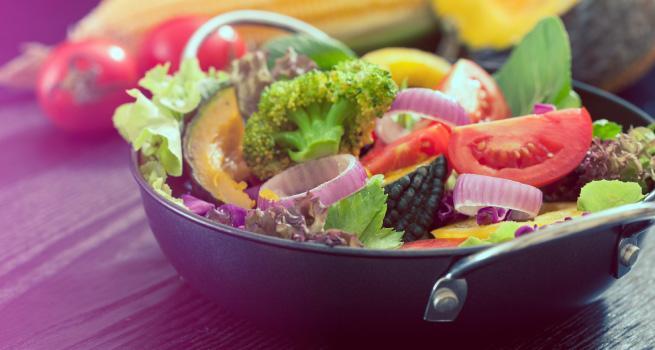
Your circulatory system is made up of an intricate roadway of veins and arteries that would stretch almost 100,000 miles if removed from the body. Our arteries and veins are responsible for transporting blood back and forth from the heart to the tissues of the body, playing a vital role in our overall health. Because they are so important, it’s necessary to do whatever we can to ensure optimal vein health so we can live a long and happy life.
HEALTHY EATING FOR A HEALTHY LIFE
Diet is one of the most important areas where you can make a difference in your circulation. Good blood flow is essential for keeping you healthy, and building a strong foundation for this begins with what you eat.
-
Go for color
Go for color When it comes to healthy eating, color counts. Add a rainbow of fruits and vegetables to your diet to add a delicious nutrient boost with heart-healthy bioflavonoids. Bioflavonoids are phytonutrients that give many fruits and veggies their bright and vivid colors—generally, the brighter the food, the higher the bioflavonoid count. A type of bioflavonoid known as rutin has long been used to help circulation. Apples and citrus fruits are two wonderful choices that are both high in rutin. In addition, leafy greens play an important role in healthy circulation. They help form red blood cells, which circulate oxygen. Greens including spinach are also good sources of omega-3 fatty acids, which also help build strong veins. They are also powerful antioxidants that can protect your body against damaging free radicals. -
Spice up your life
Spices have been used for medicinal purposes for thousands of years. Turmeric, a spice commonly used in India, can be a powerful anti-inflammatory, which helps prevent the arteries from hardening. Cayenne pepper is thought to stimulate circulation, helping to keep your blood flowing and aid in healthy circulation. -
Eat more fiber
A diet that is high in fiber can improve cholesterol, which is intricately linked to vein and artery health. Choose whole grains over refined and reach for fruits and veggies as snacks instead of salty chips or sugary candy. -
Go light on the salt
Keeping your sodium levels in check is essential in order to maintain vein health. One of the easiest ways to reduce your sodium consumption is to cook fresh, healthy food at home. Avoid processed or already packaged food or meals as these can contain high levels of sodium that make your body work harder, which can lead to vein damage. When buying canned or packaged food, read labels to check the sodium content before buying. Choose low sodium or sodium free whenever possible. Consuming higher levels of sodium can lead to a higher risk of heart attack. -
Stay hydrated
Water is an important ingredient in almost any recipe to stay healthy. Plasma, which makes up about half of our total blood volume, contains roughly 93% water. Aiming to drink at least 8 glasses of water a day ensures that your body isn’t having to work overtime to keep you in tip-top shape.
VITAMINS AND SUPPLEMENTS
Sometimes, in spite of our best efforts, diet alone isn’t enough to help our bodies build the strongest arteries and veins. As heart disease and high blood pressure are on the rise, it is vital that we do everything we can to make sure we are helping our bodies fight these conditions.
-
Niacin (vitamin B3)
All of the B vitamins help convert food into energy. Niacin is important because it helps improve circulation and has been shown to decrease inflammation. It is rare in the U.S. to have a vitamin B3 deficiency. It is found naturally in turkey, chicken, peanuts, mushrooms, green peas, and more. Supplements are available to take, but it’s important to talk to your doctor before beginning them as a higher amount of this vitamin could prove dangerous. -
Vitamin C
Though many people take extra vitamin C to help ward off illness, studies show that taking a vitamin C supplement also improves blood circulation in those with type 2 diabetes. In fact not getting enough ascorbic acid can lead to a buildup of plaque on the arterial walls, which can hinder blood flow. Consider natural sources first, such as orange juice or broccoli, and talk to your doctor about the benefits of adding a supplement. -
Vitamin D
Between 50 to 75 percent of Americans get less than the recommended daily amount of vitamin D, which is problematic since deficiency can lead to a host of problems. Low levels of vitamin D have been associated with hypertension and coronary artery disease. A study published in Arteriosclerosis, Thrombosis, and Vascular Biology in 2008 found that low levels of vitamin D led to an increased risk for peripheral arterial disease (PAD). Be sure to talk to your doctor before beginning any supplementary routine, however.
GET UP AND GET MOVING
Finally, as important as it is to eat a healthy diet rich in fruits and veggies, it is equally vital to get proper exercise to promote blood flow that delivers oxygen and much-needed nutrients to your heart and to your body.
The best way to promote healthy circulation is by walking. This simple exercise can also aid in preventing varicose veins and spider veins. Walking strengthens your calf pump, which in turn helps blood flow. Walking is an easy way to incorporate fitness into your life, and it is especially important if you work a desk job where you are sitting for much of the day. Take a stroll around the parking lot during lunch or walk to the park after work. These small steps will make a huge difference in building healthy arteries and veins.
Other low-impact exercise options include riding a bike or using the elliptical, swimming, or even yoga.
Strong arteries and veins are essential for preventing a variety of issues when it comes to circulation. All of these things combined will lead not only to a healthier circulatory system, but also a balanced body and mind, which will help you live the life you deserve. For more tips of vein disease symptoms and managing vein disease, visit Alate Health.
You Might Also Enjoy...

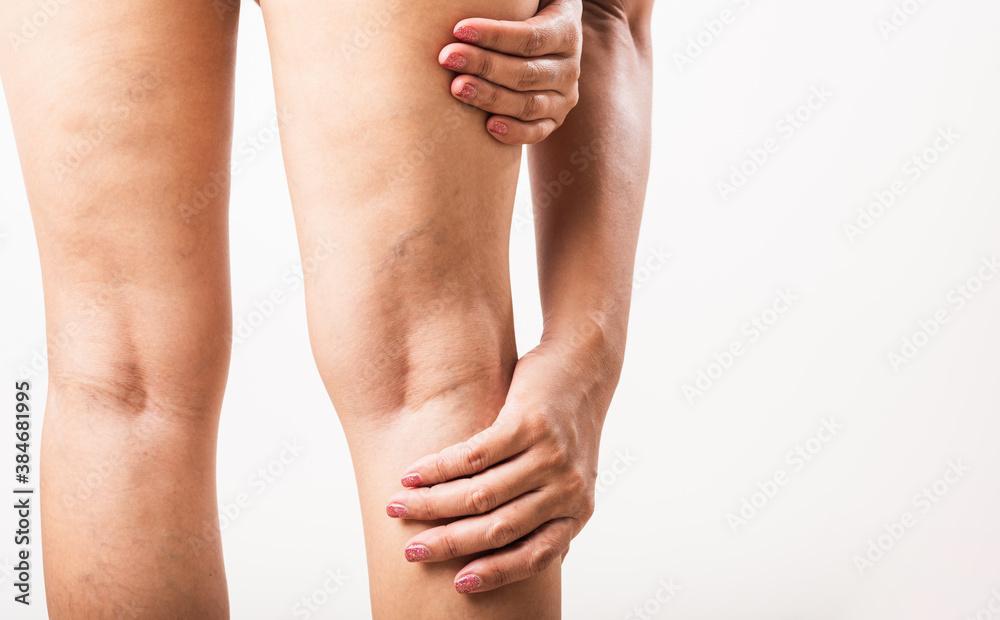
I'm Nervous About My Upcoming VenaSealTM Procedure

Telehealth: The Advantages of Telemedicine
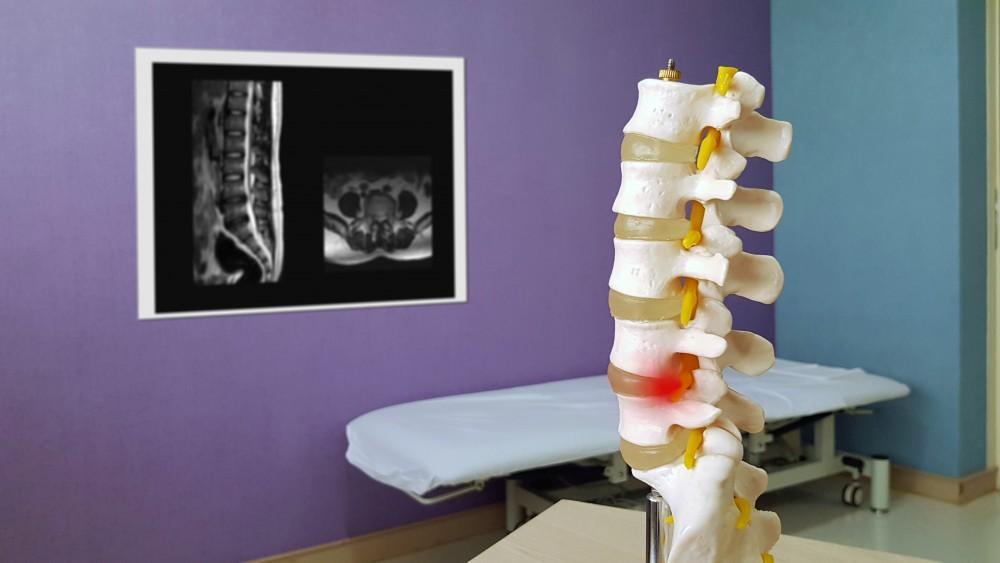
What Caused My Spinal Stenosis?
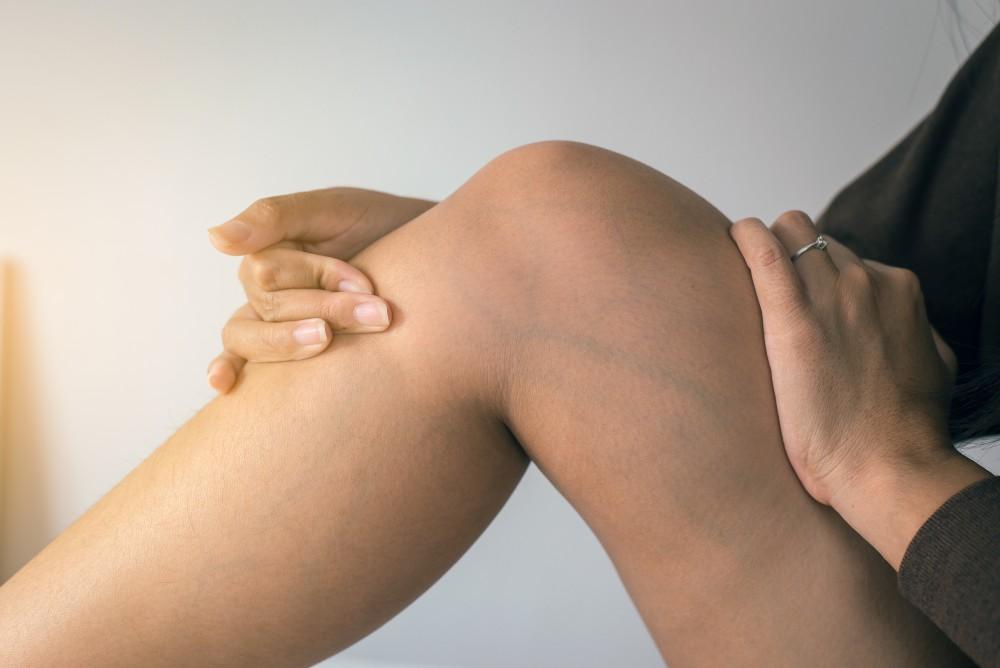
I'm Embarrassed About My Varicose Veins
